Crime From 2007: Details on Crime Boss Serik "Golova's" Confession
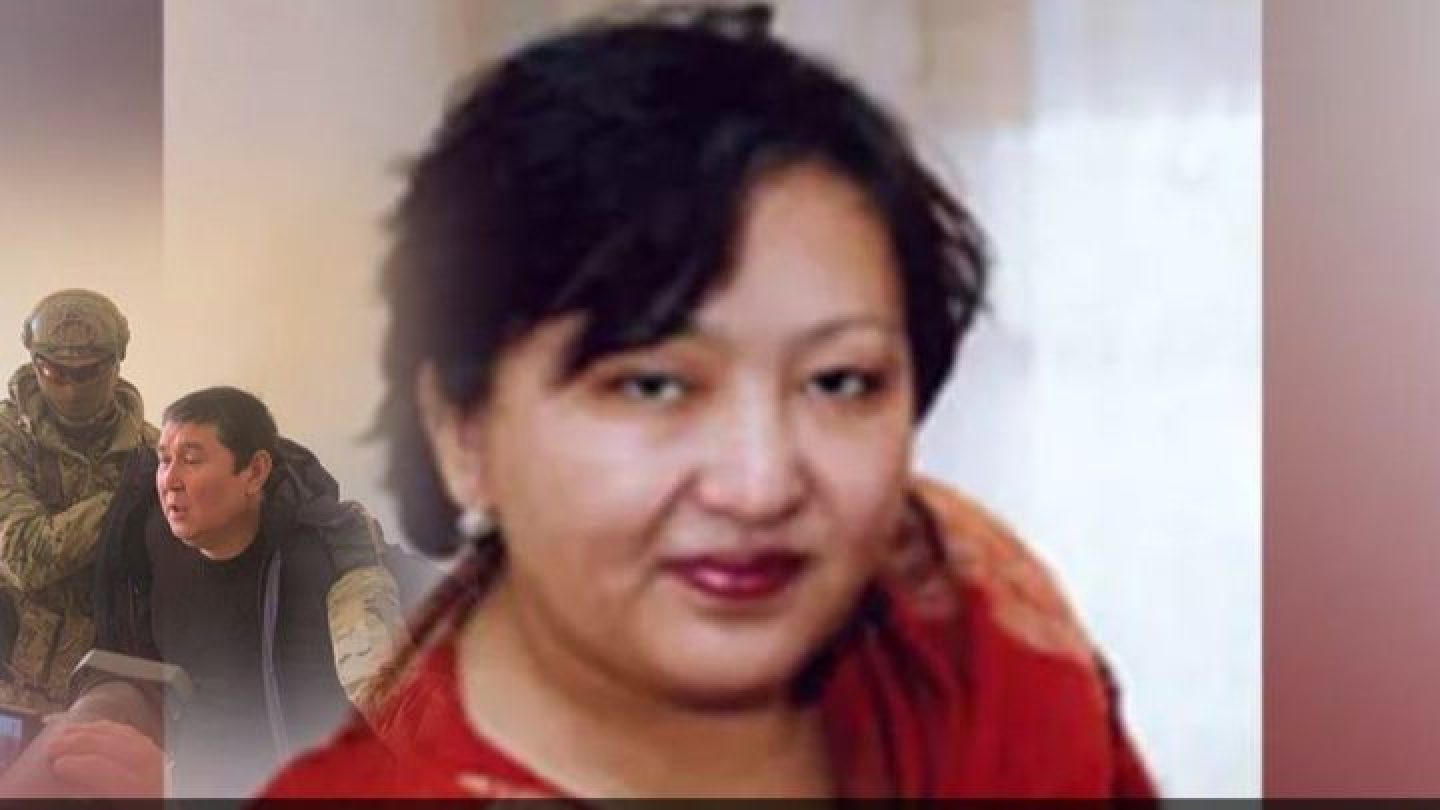
Orda looked into why the investigation into the murder of journalist Oralgaisha Omarshanova in 2007 has not yet been completed, what kind of relationship she had with the crime boss, Serik Jamanayev, and for what crimes he is currently serving a sentence.
In March 2022, many media outlets reported sensational news that the crime boss, Serik Jamanayev, nicknamed "Golova" [Ed. Head], confessed to the 2007 murder of the journalist, Oralgaisha Omarshanova. He confessed, allegedly succumbing to the persuasions of his wife and lawyer. They reportedly convinced him to do so after doctors discovered he had liver cancer.
Jamanayev supposedly indicated the exact burial place of Omarshanova near the village of Kargaly, Almaty region. He explained that personal hostility served as the reason for the murder. He also confessed to the murder of his rival, Botbayev, and a number of other serious crimes. Their details were not specified.
The Links
Oralgaisha Omarshanova worked as a reporter in the publication ”Law and Justice". She conducted her own journalistic investigations on the topic of crime and human rights violations in Kazakhstan. She also often went on business trips to Kazakhstan's regions.
Shortly before her disappearance, the woman went to the village of Kazatkom in the Almaty region to talk about the consequences of the ethnic clashes that occurred on March 17-19, 2007. She wrote about the contract murder of a criminal authority in Jezkazgan Sagit Shakputov before this. According to Oralgaisha's relatives, upon returning home, unknown people called her with threats, so they were sure that she had been abducted because of her profession.

Omarshanova was last seen in Almaty on March 30, 2007. Witnesses claimed that she got into an unknown black car. Media materials do not specify which law enforcement agent was engaged in the search for the missing journalist. But it was reported that the investigating authorities were working out her connections with the criminal world.
It turns out that Oralgaishu had friendly relations with the notorious Serik "Golova" Jamanayev. The journalist reportedly went to Arkalyk to meet him after his release from a colony. But in the spring of 2007, their relationship allegedly went sour. A witness claimed that Oralgaisha quarrelled with Serik on the eve of her disappearance.
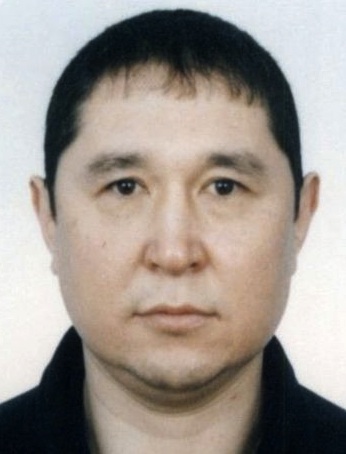
The police from the Almaty region PD had detained Jamanayev on suspicion of kidnapping Omarshanova in the spring of 2009. They, however, could not prove his guilt. He was tried for another crime. Serik suddenly confessed everything in the spring of 2022.
King of Kazakhstan's Criminal World
Serik Jamanaev was born on January 21, 1965, in the village of Fabrichny (Ed. now Kargaly) of the Jambyl district of the Almaty region. He received his first term in 1982 for theft. He served 3 years. After being released, he immediately committed an armed attack resulting in grievous bodily harm. He received a 10-year prison sentence in 1986 for it. Jamanayev received the nickname Golova [Ed. translation: head] for his ability to quickly analyze and find a way out of any situation.
He was crowned in Sochi on May 26, 1996 at a gathering of 40 criminal authorities from the CIS countries. They wrote that Serik controlled all drug trafficking in Kazakhstan, and while serving another sentence in prison, he secretly controlled all prisons and colonies in Kazakhstan. In total, Jamanayev has 9 convictions. A court recognized him as a recidivists.
The Defense
Orda did not have to rely on comments from official representatives of law enforcement agencies about the investigation of such a high-profile case. We know from our own experience that we will certainly be turned down with reference to the secrecy of the investigation. Therefore, we used other sources of information. We managed to talk with Serik Jamanayev's wife, Kamilla Akhumalayeva.

The young woman said that the information about her husband's involvement in the high-profile crime is not true.
“My husband Serik Jamanayev did not confess to the abduction and murder of the journalist in 2007. He wasn't even a suspect in this case, since no one had formally charged him! He was a witness with the right to defense. And believe me, neither I nor our lawyer persuaded Serik to confess to committing [ed. any] serious crimes!”.
According to her, she brought claims to the author of the sensational article, who was the first to report the disclosure of a high-profile crime. She demanded that the author disclose their source of information, but the journalist flat-out refused.
“I wanted the author to give a refutation about his publication, but Serik dissuaded me in a telephone conversation. He said that he did not want increased attention to his person [Ed Serik himself], so I did not insist on a refutation. Let this HYPE remain on the conscience of the journalist! I assure you that my husband did not kill the journalist, he told me about it himself.”
Jamanayev's wife also denies that her husband has cancer. The media also mentioned this.
“Serik doesn't have liver cancer, he has cirrhosis. And then the doctors of the Kokshetau penal colony, where he is currently serving his sentence, for some reason doubt this diagnosis. Although he has with him all the medical documents confirming that 2 years ago he was diagnosed with cirrhosis of the liver. On this basis, my lawyer and I are going to file a petition for Serik's parole, since his illness falls into the list of diseases that allow a convict to be released early.”
Kamilla is not aware of how the investigation into the case of Omarshanova's abduction is progressing. She did not discuss the details of her husband's other criminal case. She acted as his public defender in it. She only said that she considers all the accusations against Serik unfounded and his guilt has not been proven.
Clear As Mud
Since Jamanayev, according to his family, did not confess to the abduction and murder of Omarshanova, then why did the official representatives of the Ministry of Internal Affairs or the KNB not react in any way to media publications in 2022? Why didn't they refute the reports of his confession? Veterans of the internal affairs bodies answered these questions in a private conversation with Orda.
“Jamanayev is a crime boss, an antagonist of the law enforcement agencies of our country, so they do not consider his legitimate interests. On the other hand, it is likely that they have some indirect evidence of his involvement in the abduction and murder of Omarshanova. And they are looking for direct evidence against Jamanayev to bring him to criminal responsibility,”
The ex–policemen say.
Here's what the veterans of the Department of Internal Affairs think about how information regarding Serik's confessions got into the media a year ago:
“The journalist, most likely, learned from his sources of information that the KNB officers were getting Jamanayev to confess to the abduction and murder of a journalist, so he informed readers about it. He only wrote in the affirmative form that the Head had already confessed everything and the crime was solved. But it is unlikely that the journalist knows the details of the case, since his article does not indicate when and under what circumstances his colleague was abducted, who, for what and how she was killed. Not to mention the details of the murder of Golova's competitor.”
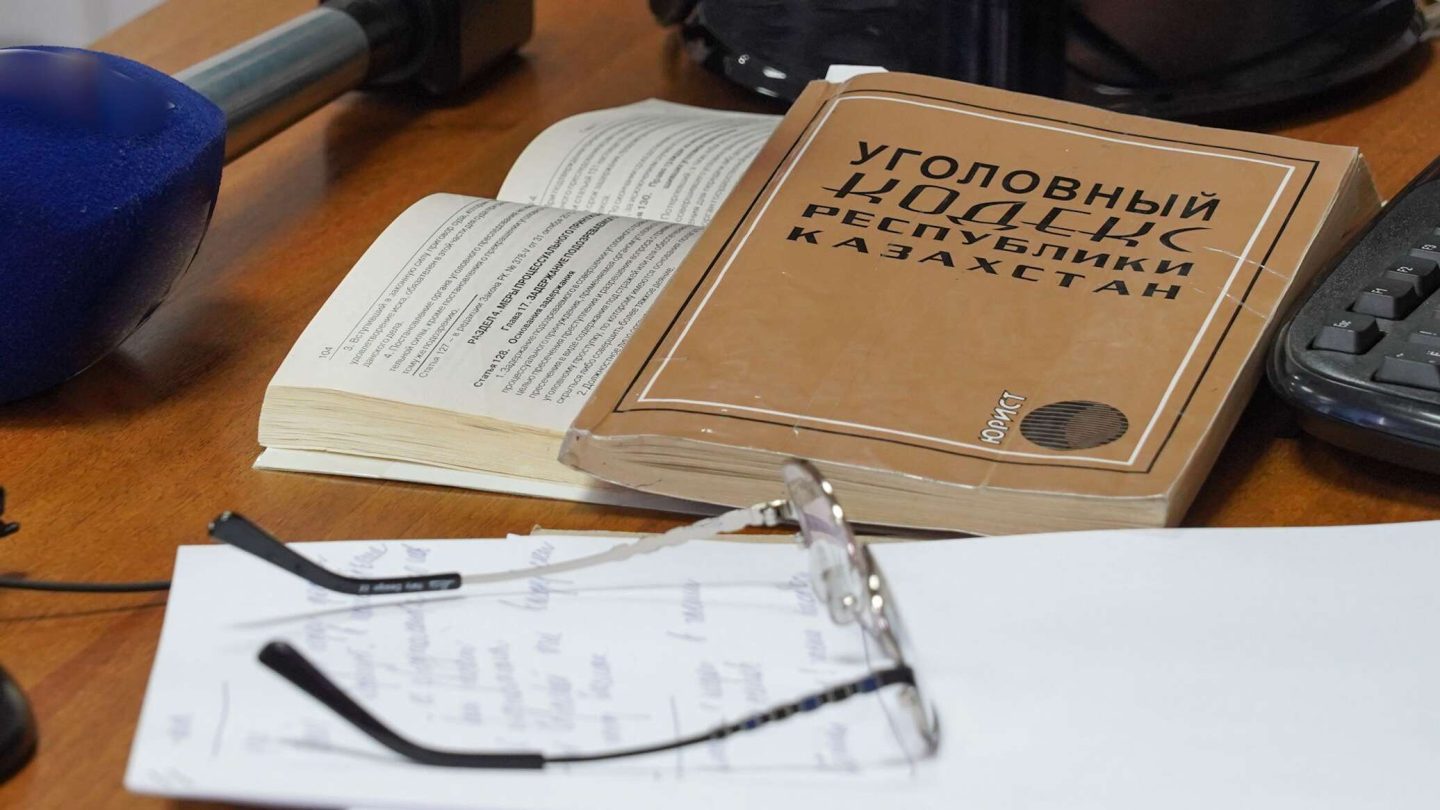
How and why did this information appear in the media then? The answer to this question is most likely simple: we need to look for who benefited from it.
“Do you remember how Mayakovsky once said: “Listen, if the stars are lit, then someone needs it? So someone wants them to be?”. To paraphrase this poem, we can say that someone from the security forces of Kazakhstan is interested in making the general public aware of the likely involvement of crime boss No. 1 in the high-profile case of the abduction and murder of a journalist. And, it is quite possible that someone from the security forces expects to receive recognition for the disclosure of this high-profile crime in the form of another star on [Ed. their] shoulder straps. Why not?”.
According to our interlocutors, for the first 15 years, the case of Oralgaisha was handled by employees of the KNB. In the summer of 2022, they handed it over to the investigative department of the Almaty region's PD. So why has the investigation not yet been completed and the criminal case not been brought to court?
“They say that the investigation has stalled because experts cannot determine exactly who the skeletal remains found in the burial near the village of Kargaly belong to. It seems that the investigator has already twice appointed a forensic genomic and molecular examination of the remains to establish the identity. To do this, a DNA sample was taken from one of the Oralgaisha's brothers to compare it with what was found in the bones, but so far there are no results.”

Our interlocutors also stated that if the investigator appoints a genomic-molecular examination for the third time, and it establishes that the remains are Oralgaisha Omarshanova's, then the investigation will move further. It will then be possible to determine the circle of suspects and then work out their involvement in the journalist's abduction and murder.
“Genomic and molecular examination is carried out at the expense of the state, so the investigator can appoint it as many times as his heart desires. The main thing here is that the experts have good DNA samples for comparative analysis. For example, for the first time, they can compare DNA extracted from the victim's bones with DNA samples from saliva or blood of a close living relative. If the study does not show anything, then the sample will be taken from another relative a second time and so on until they find a similarity.”
If the next examination does not show anything, then the criminal case may be terminated. But what about the confessions of Jamanayev, if he really confessed to a serious crime?
“Jamanayev can at any time recant his previous testimony and declare, for example, that he had incriminated himself during the investigation under torture or psychological pressure from the KNB officers who conducted his case in 2021. You see, the confession of the defendant alone is not enough to solve the crime. We need cumulative evidence. These are the results of expert opinions, witness statements, etc. Otherwise, the court will then return the "raw" case for additional investigation."
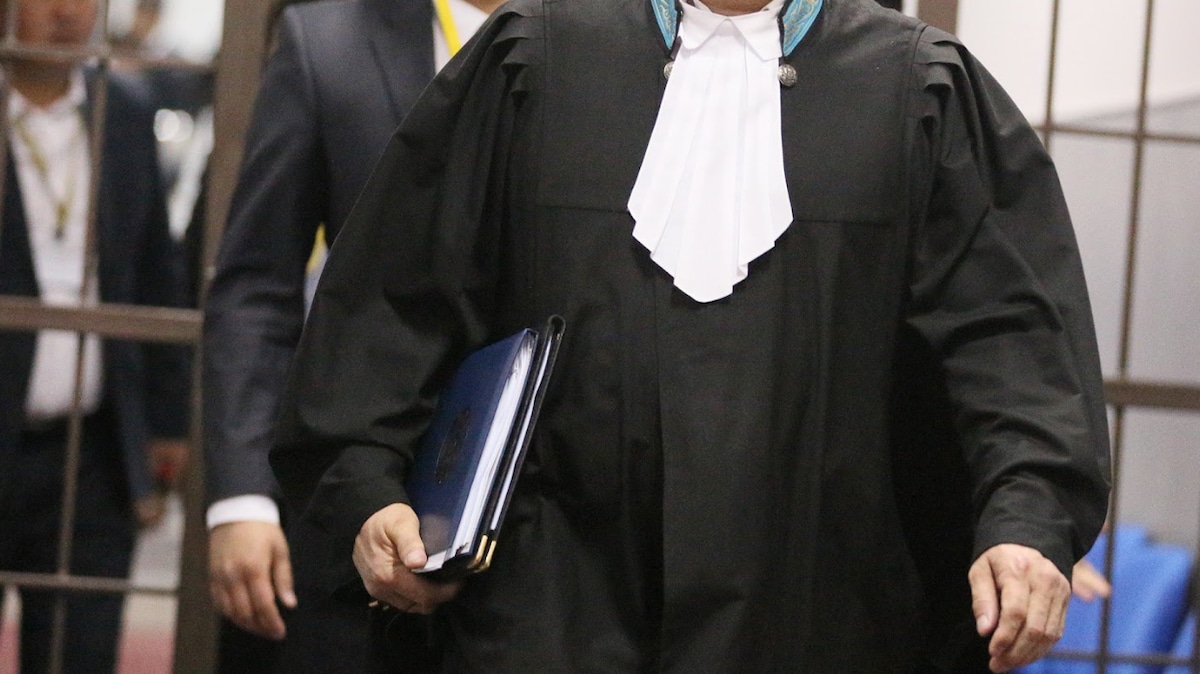
What about the fact that Jamanayev indicated the exact burial place of his victim if you still believe the media publications?
“Everything here is not as simple as it seems at first glance. If he had really confessed in the spring of 2022 to the abduction and murder of the journalist, the investigation would have already ended, since all the terms of the investigation had expired. The court would have sentenced Jamanayev to a long term of imprisonment, which the whole country would have learned about. In fact, the investigation is still ongoing, which means that a high-profile crime has not yet been solved.”
What's Wrong with Serik's Confession?
Our interlocutors, i.e. the former employees of the internal affairs bodies, drew attention to the obvious inconsistencies in the case.
“Jamanayev and 9 of his accomplices were convicted in February 2022 for extortion and infliction of serious harm to health, which inadvertently caused the death of one merchant. He was sentenced to 19 years in prison. While he was waiting in the pre-trial detention center for the decision of the Almaty City Court's appeals board, the media reported that he confessed to the abduction and murder of a journalist 15 years ago. However, the police found her alleged remains only in the middle of last summer, when he was already transferred to a colony. In this scenario, it turns out that law enforcement officers received all the necessary information on the case, most likely, during covert operational activities, that is, from their informants. Now the investigator needs to consolidate the evidence base of the prosecution, which is very difficult, given the remoteness of events.”
Nevertheless, one should not assume that over the years the chances of solving an old crime and bringing all those involved to criminal responsibility decrease. According to the current legislation of Kazakhstan, there is no statute of limitations on murders. It was in Soviet times that there was such a norm of criminal law, according to which a person who confessed to a murder 25 years ago was released from criminal responsibility for what he had done. Now there is no such norm.
“Do not think that if 17 or more years have passed since the commission of a particularly serious crime, then the culprits should not worry about their fate. They can be brought to criminal responsibility for what they have done and, according to a court verdict, sent to places not so remote for a long time. For example, if the investigation still has indisputable evidence of Jamanayev's guilt in the death of Oralgaisha in 2007, then he will be transferred from the colony and will be formally charged.”
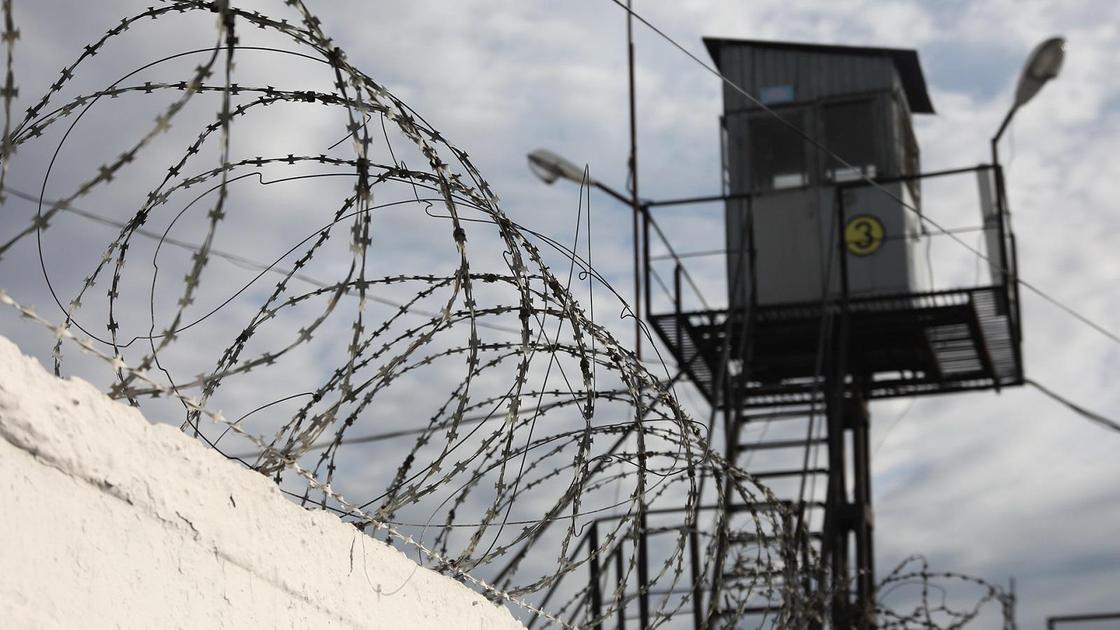
Could the criminal authority have incriminated himself during the investigation?
“You'd better ask this question to Jamanayev himself. It is known that suspects usually incriminate themselves for three reasons. In the first case, they do it forcibly, under the pressure of the investigation. In the second, to take away from the responsibility of a loved one who, in their opinion, could have committed this crime. There is also a third variant, which is often practiced by particularly dangerous recidivists serving sentences in a high-security colony. Having learned from cellmates or in the media that such and such a crime occurred in such and such a city, they tell the institution's administration that they want to confess to it. In fact, they want to take a break from the strict conditions of detention, which is why they take responsibility for what they did not commit. They know that their testimony will then fall apart during the investigation, so they stand their ground.”
Original Author: Zhanar Kusainova
DISCLAIMER: This is a translated piece, the text has been modified, the content is the same. For accuracy, please refer to the original article in Russian.
Latest news
- Head of British Foreign Ministry Visits Astana
- Will Russia Outpace Kazakhstan in Chinese Gas Market?
- "Cases Are Absolutely Absurd" — Human Rights Activists on Cases against Journalists in Kazakhstan
- Orda Interviews Residents of Petropavlovsk's Flooded Suburbs
- Case Involving Journalist Adilbekov: Interior Ministry Commented on Situation
- Is Moscow Extending Reach to Kazakhstan's Oil?
- 500 Tons of Fuel Stolen from National Guard Unit: New Details Emerge
- This Is Foolish and over The Top: Forensic Expert Halimnazarov Comments On Russian Colleagues' Conclusions
- Israeli Ambassador to Kazakhstan Gives Exclusive Interview to Orda.kz, Comments on Recent Attack on His Country.
- Assault, Extortion, Police: Kazakhstani Transgender Sex Workers Reach Out
- Bishimbayev Trial: Baizhanov Could Not Be Intimidated
- "Not a Cousin, but Bishimbayev's Distant Relative": - Bakhytzhan Baizhanov's Lawyer
- Finnish Minister Arrives in Kazakhstan, Sanction Circumventing to Be Discussed
- Deputies Once Again Concerned about LGBT+ Despite Other Problems
- "I Hear The Water": Kostanay Residents in Evacuation Centers Shared Stories about Flood
- Bishimbayev's Ex-wife Reacted to His Statements Again
- Dinara Kulibayeva Ready to Give KBTU Building to State, Was Initial Sale Legal?
- Once An Island of Democracy: Kyrgyzstan Becoming Less Free
- Who Benefits from Natalia Godunova Leaving Post of SAC Head?
- Face and Profile: Photos of Kazakhs from 150 Years Ago

